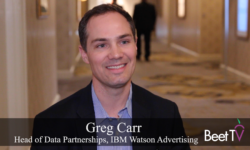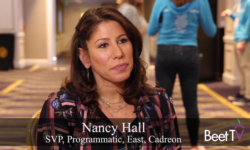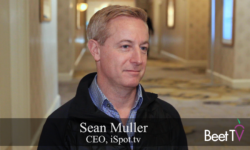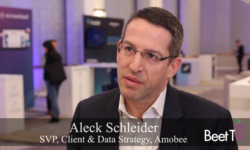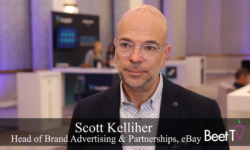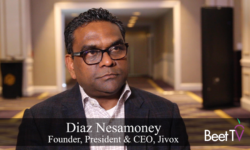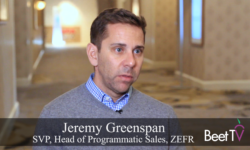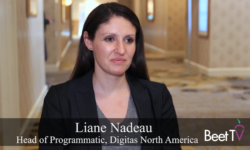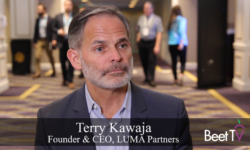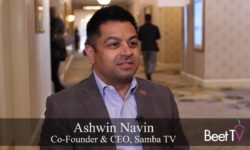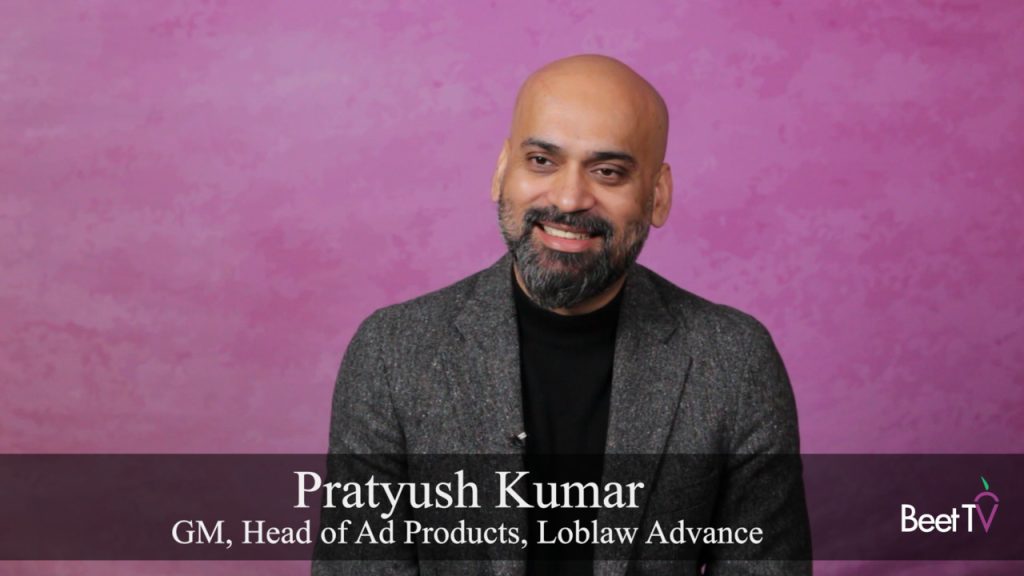SAN FRANCISCO, CA — The sun may be setting on the main way advertisers have historically used to target audiences. But there may be a better option on the horizon.
Google has declared it will phase out all third-party cookies – the tiny, user-side files that store information – from its Chrome browser by 2022.
Ad-tech companies were already moving toward alternative options, focused on gaining explicit, opted-in relationships with users.
And the CEO of one, LiveRamp’s Scott Howe, says the industry will be just fine.
“The good news is, cookies were not a good mechanism around which the industry should build – there are better forms,” he says in this video interview with Beet.TV.”
Howe points to LiveRamp’s own Authenticated Traffic Solution (ATS), which he says achieves nearly three times the addressable reach of cookies.
Howe thinks that, instead of “hiding that behind the curtain”, advertisers will know have a range of methods to explicitly gain consent from users.
And some of those consent requests will include permission for sharing data with other companies.
Whilst that may seem against the spirit of privacy protection regulation, new regulations are all about empowering users to choose.
“For most companies, the most valuable data they have is their own first-party CRM data,” Howe says. “As a result, it stands to reason that the most valuable data that they don’t have is someone else’s first-party authenticated CRM data.
“So, when you put two of those sets together and allow two companies that are complementary to start to collaborate, amazing things happen.
“A major marketer who wants to share data with, say their merchant partners, or a major publisher that wants to collaborate with a major advertiser.”
In March, LiveRamp introduced Save Haven, described as “enabling secure, permission-enabled data sharing for brands and their partners”.
According to the announcement: “Example use cases of LiveRamp Safe Haven include the ability to connect a brand with a retailer to refine audience segments with transaction data, or connect a publisher with an advertiser to curate audiences and measure outcomes.”
The interview was carried out by Beet.TV director of editorial and strategy Jon Watts.
This video is part of Beet.TV’s coverage of RampUp, LiveRamp’s summit for marketing technology in San Francisco. This series is co-sponsored by LiveRamp and ZEFR.






